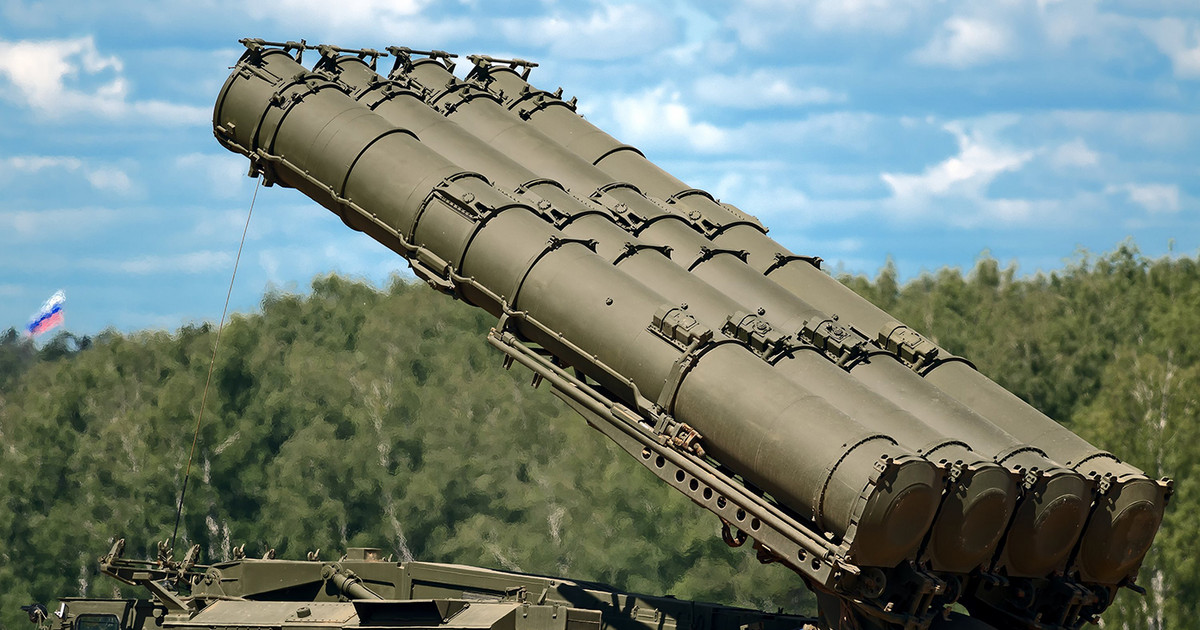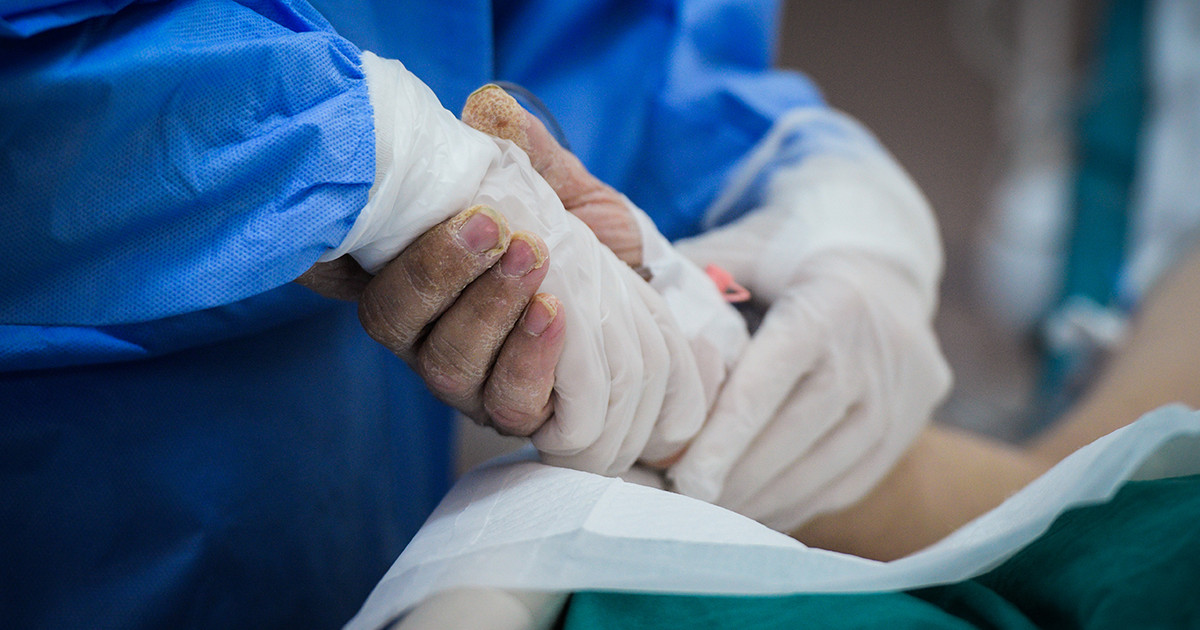Inflation closed 2021 at 10.1%, the highest since 2015. This movement continued: between January and September 2022, the food and beverage group alone accumulated a high of 9.54%, the highest index since the beginning of the Real Plan , according to data from the Broad National Consumer Price Index (IPCA), calculated by the IBGE.
Still, after three consecutive months of deflation, the IPCA increased by 0.59% in October, informed the IBGE on Thursday (10). As a result, accumulated inflation for the year reached 4.7%. In the last 12 months, the indicator stood at 6.47%, according to the institute. In October 2021, the rate had been 1.25%.
An old acquaintance of Brazilians, the inflation seen in Brazil since the beginning of the pandemic has been weighing on the population’s pocket.
“Look, inflation has several defects. It means a taxation of the poor. It erodes their income, and they have no way of defending themselves against rising prices”, explains Maílson da Nóbrega, former finance minister and founder of Tendências Consultoria.
“Meanwhile, the rich defend themselves well through their operations in the financial market. Because, generally, when inflation rises, the Central Bank raises interest rates and benefits investors who buy fixed-income securities”.
Current inflation is what economists call “supply inflation”, caused mainly by the breakdown of production chains and the scarcity of certain products.
And, in this sense, there was no lack of events that drove the rise in commodities, such as the Covid-19 pandemic and the war in Ukraine – the latter an important producer of corn, wheat and fertilizers. Nóbrega believes, however, that current inflation will be overcome by “traditional remedies”, that is, by raising interest rates and a contractionary fiscal policy.
opportunities
For Toro Investimentos analyst Paloma Brum, the current moment may be opportune for the entry of new investors.
The only thing that may not be so interesting is investing in savings: “With the Selic at the current level of 13.75% per year, savings will pay a fixed rate of 0.5% per month. So savings are remunerating something close to 6% a year and inflation alone has already eroded all this gain”, he says. The economist explained how to invest in fixed income securities, considered safe and efficient to preserve the purchasing power of money.
Specialists consulted by CNN Soft Business, which airs this Sunday (13), analyzed the historical context of the Brazilian economy’s relationship with inflation, in addition to giving tips on how to preserve the purchasing power of money through investments.
O CNN Soft Business airs every Sunday at 11:15 pm. You can check it out on TV and also on Youtube.
*Published by Sofia Kercher under supervision of Ana Carolina Nunes
Source: CNN Brasil
Joe Jameson, a technology journalist with over 2 years of experience, writes for top online news websites. Specializing in the field of technology, Joe provides insights into the latest advancements in the industry. Currently, he contributes to covering the world stock market.






